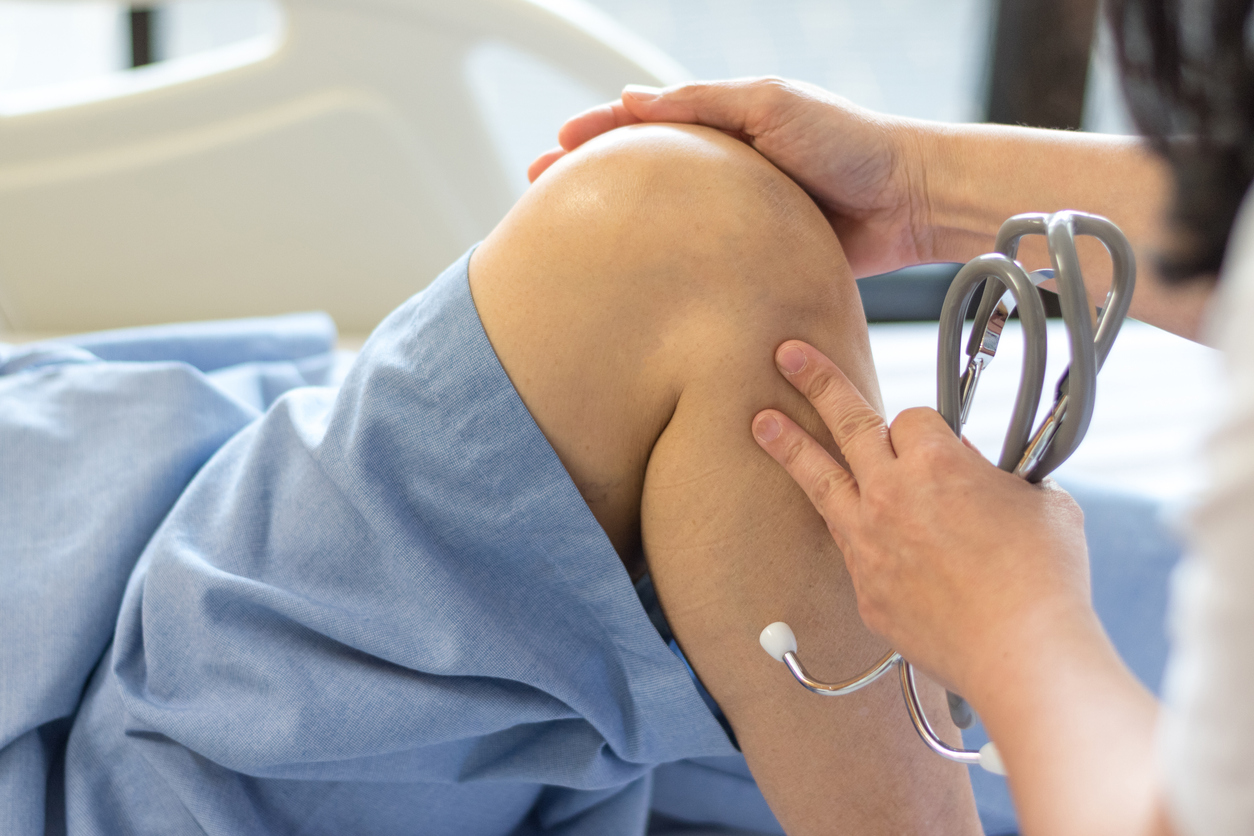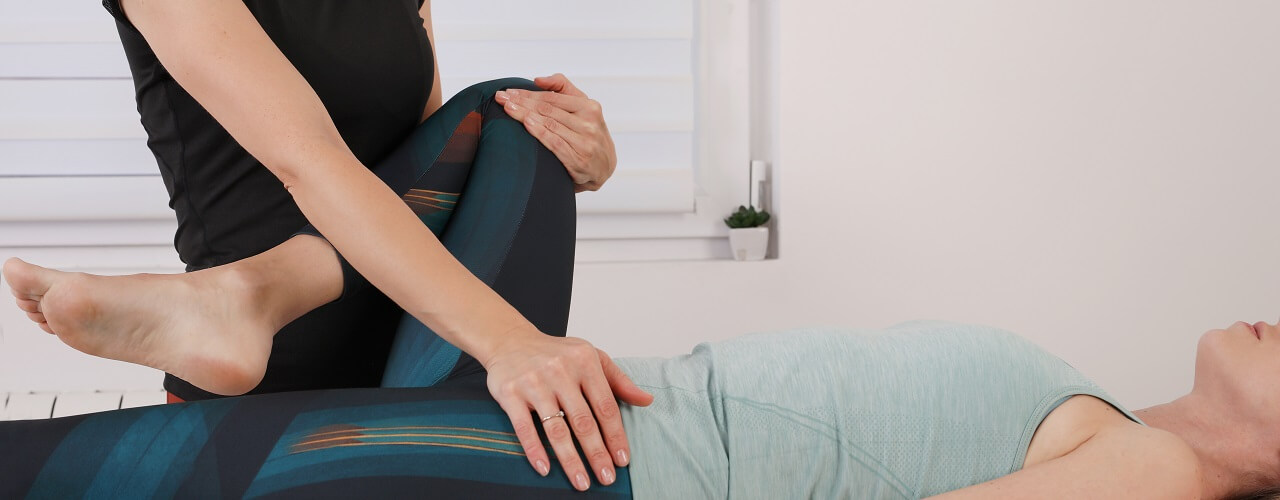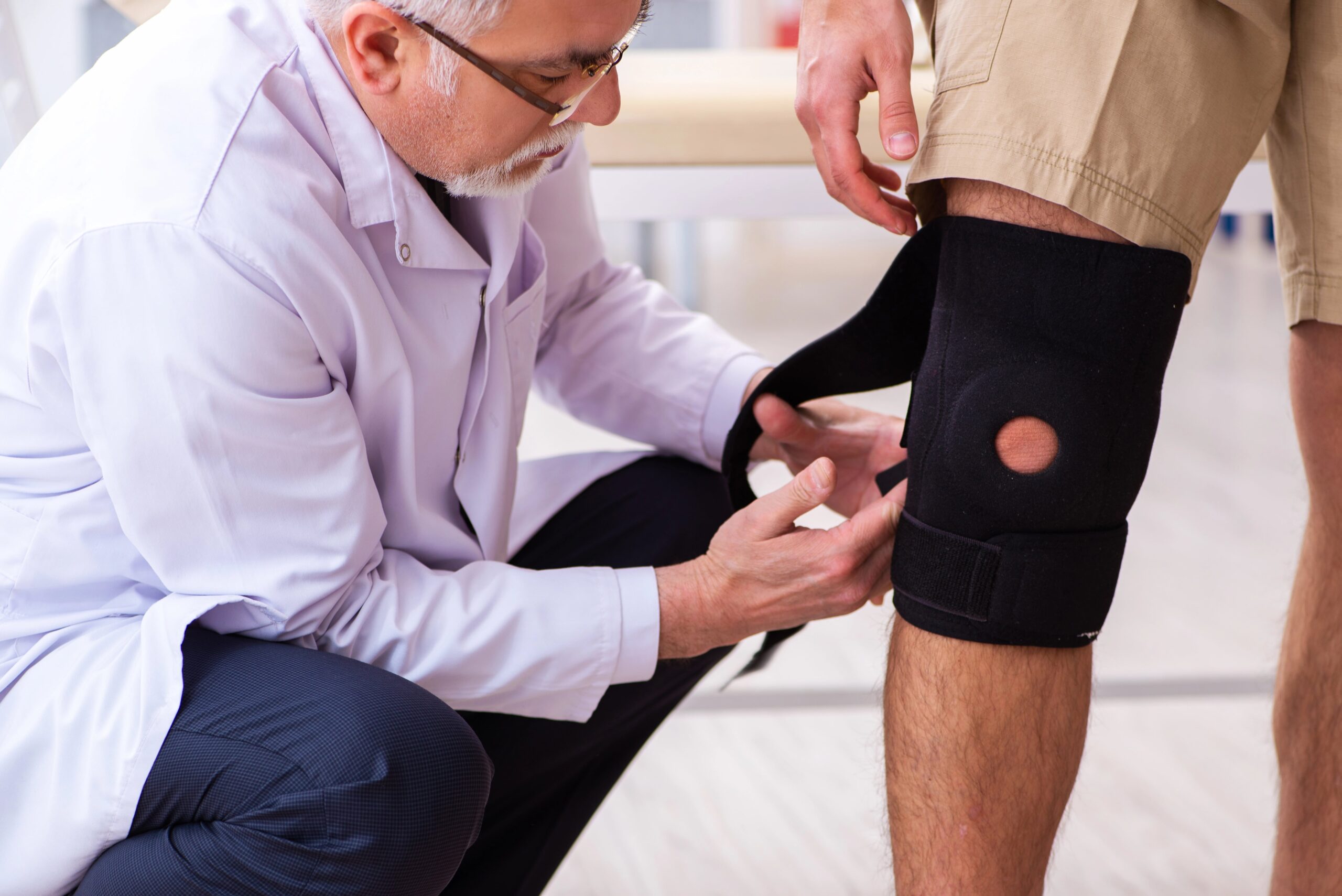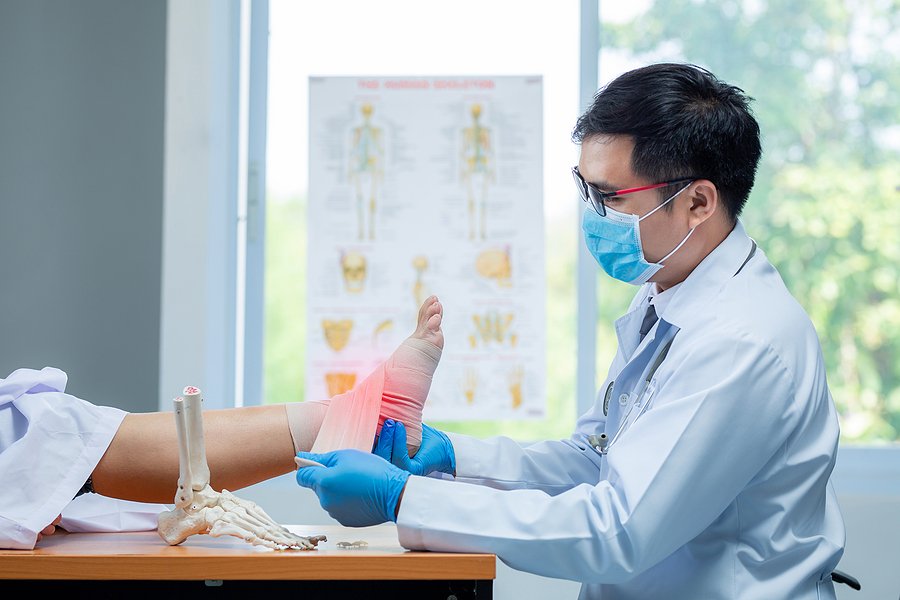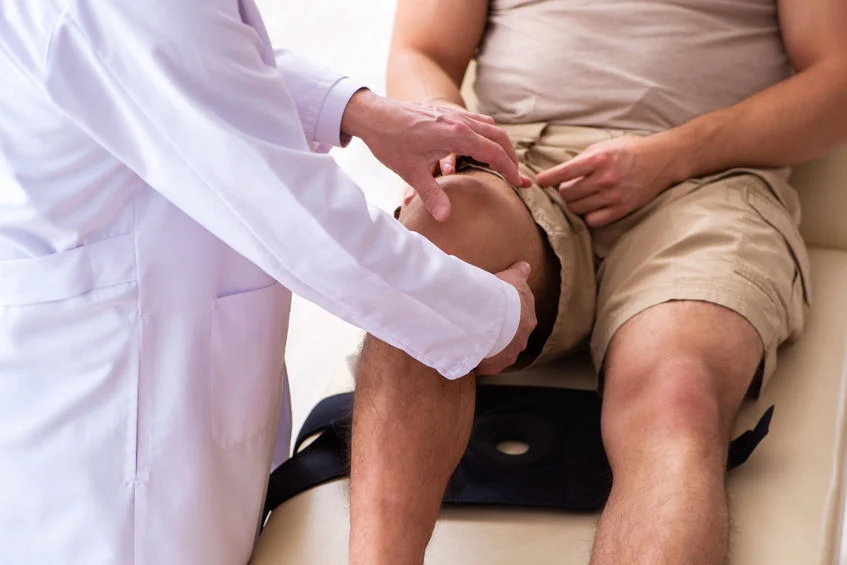Joint pain and injuries can significantly affect mobility, daily activities, and overall quality of life. Many individuals hesitate to seek treatment due to fear of surgery, uncertainty about recovery, or lack of knowledge about available options. Consulting a specialized arthroscopy doctor can provide accurate diagnosis, effective treatment, and a clear path toward restoring joint function. Arthroscopy offers minimally invasive solutions for a variety of joint conditions, allowing patients to experience faster recovery and improved mobility.
Choosing the right arthroscopy doctor ensures that your joint problems are evaluated by a skilled professional who understands the complex structure of joints and can provide personalized care tailored to your needs. With expertise in advanced techniques, including arthroscopic surgery, a dedicated arthroscopy doctor can help you regain strength, reduce pain, and return to daily activities with confidence.
What Is Arthroscopy?
Arthroscopy is a surgical technique used by orthopedic specialists to examine, diagnose, and treat joint issues through small incisions. This minimally invasive procedure involves inserting a small camera called an arthroscope into the joint, allowing the arthroscopy doctor to visualize internal structures, identify damage, and perform necessary repairs.
Commonly treated joints include the knee, shoulder, hip, wrist, and ankle. Unlike traditional open surgery, arthroscopy requires smaller incisions, resulting in reduced pain, less scarring, and faster recovery times. Patients often experience improved mobility and quicker returns to work, sports, or daily activities. The procedure also allows the arthroscopy doctor to address multiple joint problems simultaneously, making it a highly efficient treatment option.
Conditions Treated by an Arthroscopy Doctor
A skilled arthroscopy doctor can manage a wide range of joint conditions, ensuring precise treatment for each patient. Common conditions include:
- Knee injuries: Meniscus tears, ligament injuries, cartilage damage, and anterior cruciate ligament (ACL) reconstruction.
- Shoulder injuries: Rotator cuff tears, labrum injuries, and shoulder impingement.
- Hip problems: Labral tears, cartilage damage, and joint preservation procedures.
- Wrist and hand injuries: Ligament repair, tendon injuries, and occupational deformities.
- Other joint issues: Arthritis, chronic joint pain, soft tissue injuries, and loose cartilage fragments.
Each condition is evaluated by the arthroscopy doctor through thorough examinations, medical history reviews, and diagnostic imaging. Early intervention can prevent further joint damage and improve long-term outcomes.
Common Arthroscopic Procedures
An arthroscopy doctor is trained to perform various procedures depending on the type and severity of joint damage. These procedures include:
- Diagnostic arthroscopy: Helps identify the source of joint pain and evaluate the extent of injury.
- Ligament and tendon repair: Restores stability and function to joints affected by tears or injuries.
- Cartilage repair and removal of loose bodies: Removes damaged tissue or fragments that interfere with joint movement.
- Meniscus repair and ACL reconstruction: Commonly performed on the knee to restore proper function and prevent future injuries.
- Shoulder labrum repair: Stabilizes the shoulder joint and reduces pain caused by tears.
The arthroscopy doctor carefully selects the most appropriate procedure for each patient, ensuring the highest level of safety and effectiveness. Minimally invasive techniques allow for reduced hospital stays, lower risk of infection, and faster rehabilitation.
Why Choose a Specialized Arthroscopy Doctor
Selecting an experienced arthroscopy doctor is crucial for achieving optimal results. A specialist provides:
- Expert diagnosis: Accurate identification of joint injuries using advanced techniques and imaging tools.
- Precision in treatment: Expertise in minimally invasive procedures that reduce tissue damage and accelerate recovery.
- Personalized care: Customized treatment plans based on the patient’s condition, lifestyle, and goals.
- International experience: Many arthroscopy doctors, like Dr. Tec, have trained abroad and bring advanced surgical techniques and knowledge to their practice.
A specialized arthroscopy doctor ensures that every patient receives focused care, attention to detail, and guidance throughout the recovery process. Their experience allows them to handle complex cases that may not be effectively treated by general orthopedic practitioners.
What to Expect During Your First Visit
Scheduling a consultation with an arthroscopy doctor involves a detailed evaluation to develop a personalized treatment plan. During the initial visit, patients can expect the following steps:
- Comprehensive medical history review: The arthroscopy doctor gathers information about symptoms, previous injuries, and lifestyle factors that may affect joint health.
- Physical examination: The joint is assessed for range of motion, stability, and signs of injury or degeneration.
- Diagnostic imaging review: X-rays, MRI scans, or CT scans help the arthroscopy doctor visualize the joint’s internal structures and identify damage.
- Treatment planning: A personalized approach is discussed, including options for arthroscopic surgery, conservative therapy, or rehabilitation programs.
This first visit establishes a clear understanding of the patient’s condition and sets expectations for treatment and recovery. The arthroscopy doctor ensures that patients are informed, comfortable, and confident in their care plan.
Recovery and Rehabilitation
Recovery after arthroscopic surgery is generally faster than traditional open surgery due to smaller incisions and reduced tissue trauma. The arthroscopy doctor provides detailed guidance on post-operative care, including:
- Pain management: Strategies to minimize discomfort after surgery.
- Physical therapy: Customized exercises to restore strength, flexibility, and joint function.
- Activity restrictions: Guidelines on when to resume work, sports, and daily activities.
- Follow-up visits: Regular check-ups with the arthroscopy doctor to monitor healing and adjust the rehabilitation plan if needed.
Following the arthroscopy doctor’s recommendations ensures proper healing, prevents complications, and improves long-term joint health. Patients are encouraged to actively participate in rehabilitation to achieve the best possible outcomes.
Take the First Step Toward Better Joint Health
Consulting an experienced arthroscopy doctor is key to addressing joint pain, restoring mobility, and preventing further damage. With advanced training, precise techniques, and patient-focused care, an arthroscopy doctor can provide safe, effective, and minimally invasive solutions for a variety of joint conditions.
Don’t let joint pain limit your lifestyle. Schedule a consultation with an arthroscopy doctor to receive a thorough evaluation, expert guidance, and a personalized treatment plan. Achieve faster recovery, improved function, and renewed confidence in your mobility.
Frequently Asked Questions (FAQs)
How long does arthroscopic surgery take?
The procedure usually takes between 30 minutes to 2 hours, depending on the joint and complexity of the surgery. Your arthroscopy doctor will provide a detailed timeline during the consultation.
Is arthroscopy painful?
Patients typically experience less pain than with traditional surgery. Local or general anesthesia is used during the procedure, and post-operative pain is managed with medication and therapy.
How soon can I return to work or sports?
Recovery varies based on the type of surgery and individual health. Many patients resume light activities within a few days and return to full activity within weeks. Your arthroscopy doctor will provide a personalized timeline.
Are there risks with arthroscopy?
Like all surgeries, arthroscopy carries minimal risks, including infection, bleeding, or temporary stiffness. Complications are rare, and the arthroscopy doctor will discuss precautions and preventive measures.
Do I need a referral to see an arthroscopy doctor?
Referrals may be helpful but are not required. Patients can directly schedule a consultation, and the arthroscopy doctor will guide them on necessary steps if additional specialist input is needed.

